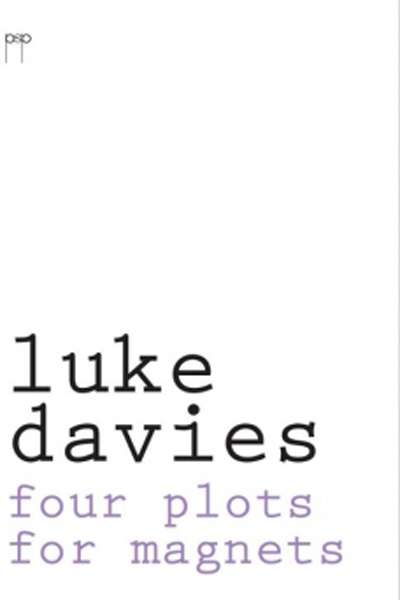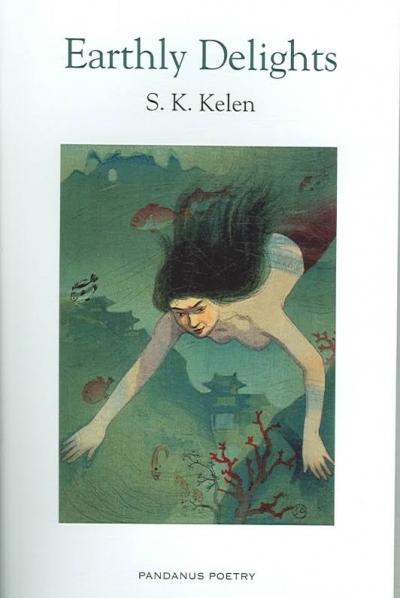Stephen K Kelen
Mount Parnassus remains a proscribed destination for the moment, but Aidan Coleman’s Mount Sumptuous (Wakefield Press, $22.95 pb, 56 pp) provides an attractive local alternative. Following on from the poems of love and recovery in Asymmetry (2012), this collection marks the poet’s reawakened appetite for the sublimities and subterfuges of suburban Australia, from cricket pitches ‘lit like billiard tables’ and Blue Light Discos to the flammable wares of Best & Less and the implacable red brick of ‘all-meat / towns’. As these poems and their pseudo-pedagogical endnotes show, Coleman is a keen philologist of the language of commerce. The title’s ‘sumptuous’ (from the Latin sumptus for ‘expense’) keys us in to the vital ambivalence of a poetry, which on the one hand honours the rituals of everyday consumption (‘lounging / book in hand, Tim Tams / … tea a given’), and on the other speaks to the exploitative logic of consumer capitalism (‘Take the juiceless fruits / of day labour and a white / goods salesman’s leaden chicanery’).
... (read more)Bruce Pascoe reviews poetry by Brian J. Brock, Marjorie Pizer, Stephen K. Kelen, Dorothy Featherstone Porter, Pete Webb, Margaret Diesendorf, R. H. Morrison, and Terri Moore
Most of the poetry books reviewed come out in issues of less than one thousand, most of them well below five hundred. This must make Australia’s census of avid poetry readers no more than five thousand, or .002%. It is not surprising, then, that most published Australian poetry revolves around the process of writing for the poet’s poetic friends. This creates a very élitist form of communication and promises to do nothing to encourage more Australians to read poetry, because often the poetry written has nothing to do with the lives or interests of 99.998% of this country’s population.
... (read more)

